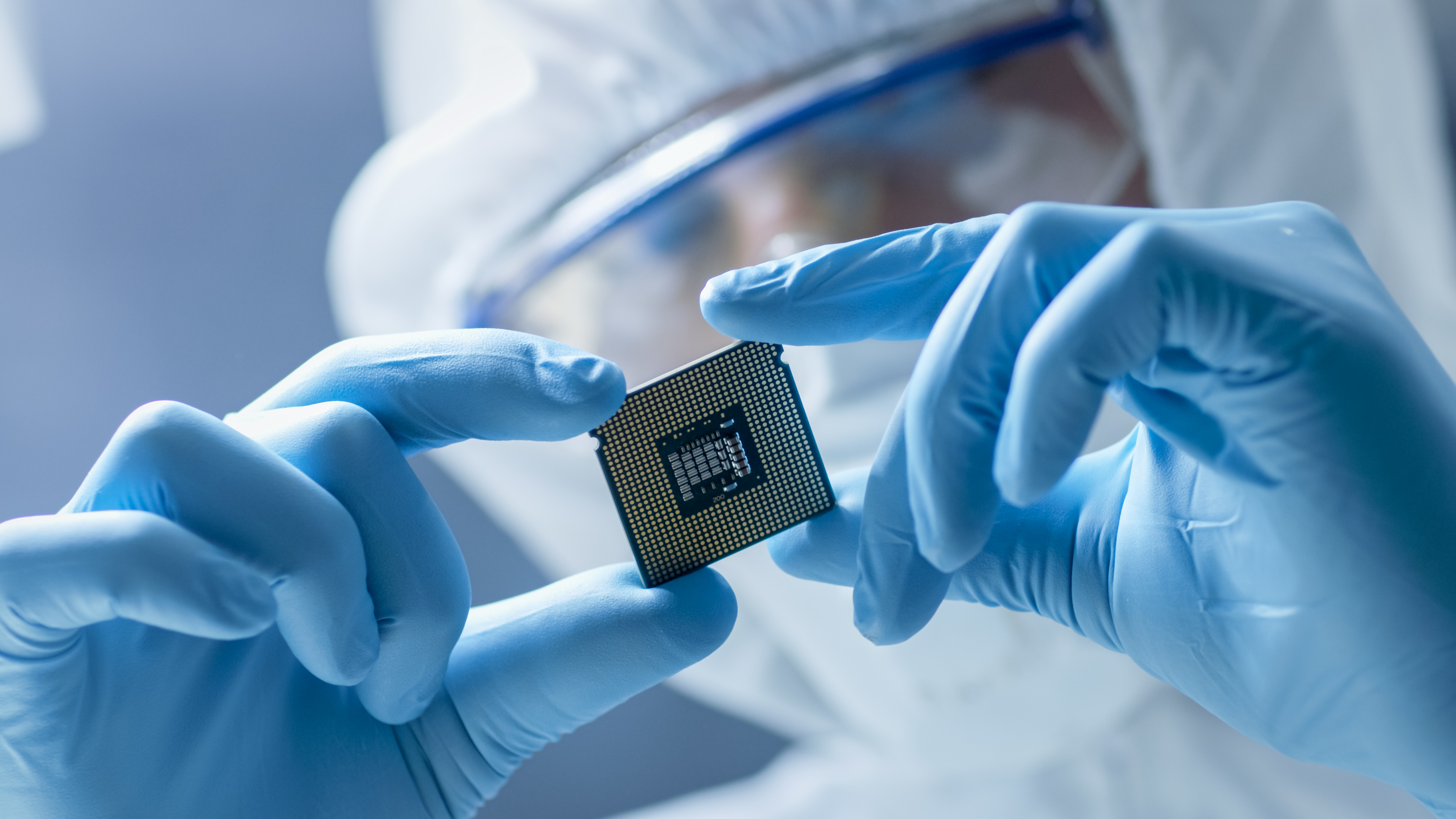Industrial CT inspection system for additive manufacuring: Ensuring the Quality of Advanced Materials
2025-08-05 00:00
The rise of additive manufacturing (AM) has revolutionized the production of complex components, offering manufacturers the flexibility to create intricate designs with high precision. However, ensuring the quality and integrity of parts produced through 3D printing remains a significant challenge. The Industrial CT inspection system for additive manufacuring has emerged as a powerful solution for inspecting additive manufacturing components, providing non-destructive testing (NDT) to assess internal structures and material properties, ensuring the highest standards of quality in the production of advanced materials.

What is an Industrial CT Inspection System for Additive Manufacturing?
An Industrial CT inspection system for additive manufacuring is a cutting-edge technology that uses X-ray scanning to create 3D images of an object, enabling engineers to examine the internal and external structures in great detail. For additive manufacturing, this system is particularly useful in detecting internal flaws such as voids, cracks, or poor layer bonding that can compromise the integrity and performance of the printed component. The non-destructive nature of the system ensures that parts remain intact for further use, making it ideal for industries where part quality is critical.
Key Benefits for Additive Manufacturing:
1. Non-Destructive Testing: The primary advantage of using industrial CT in additive manufacturing is that it allows for detailed internal inspection without damaging the part, ensuring that the integrity of complex geometries is maintained.
2. Enhanced Accuracy: CT scanning provides precise insights into the internal structures of 3D printed parts, such as layer bonding, porosity, and alignment, ensuring that each part meets the required specifications.
3. 3D Visualization: The ability to generate 3D models of printed components gives engineers a comprehensive view of the part, allowing them to assess the geometry, material distribution, and overall structure with high accuracy.
4. Improved Quality Control: The system allows for early detection of potential issues in the manufacturing process, such as inconsistent layer bonding or internal voids, which can be corrected before they result in failed components or subpar performance.
5. Reduced Waste and Cost: By identifying defects early in the production process, industrial CT helps reduce material waste and minimizes the need for expensive post-production repairs, resulting in cost savings.
Applications in Additive Manufacturing:
1. Metal Parts Inspection: For industries using additive manufacturing to produce metal parts, such as aerospace and automotive, the industrial CT system can identify internal porosity, cracks, or defects that may affect part performance under high-stress conditions.
2. Composite Materials: In additive manufacturing with composite materials, the CT system ensures that the internal structure and adhesion of the composite layers meet quality standards, preventing weak points that could compromise the component's strength.
3. Medical Device Manufacturing: The medical industry relies heavily on additive manufacturing for custom prosthetics and implants. Industrial CT inspection guarantees that these components meet stringent quality and safety standards by ensuring there are no internal defects that could cause complications.
4. Prototyping and Research: For research and development purposes, especially in industries focused on new material development, industrial CT provides critical insights into the properties of newly developed materials, enabling manufacturers to optimize their designs for better performance.
Conclusion:
The Industrial CT inspection system for additive manufacuring is revolutionizing additive manufacturing by offering a powerful tool for ensuring the quality and integrity of 3D printed parts. By providing non-destructive, high-resolution scans of internal structures, it allows for early detection of defects, improving the overall quality control process. As the use of advanced materials and additive manufacturing continues to grow, industrial CT will play a pivotal role in ensuring that these innovations meet the highest standards of performance, reliability, and safety across industries.
2025.09.30

2025.09.23









